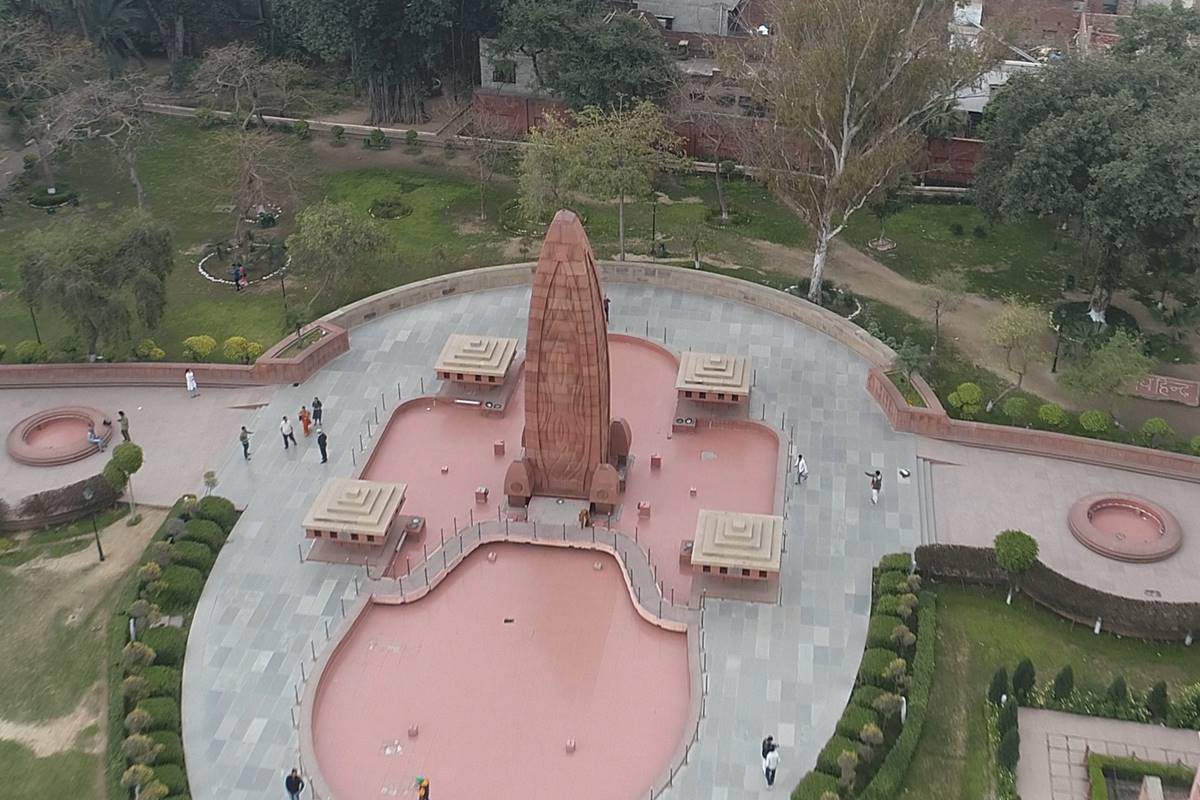Pacyon Foundation’s play ‘Jallianwala Bagh Files’ selected for 23rd Bharat Rang Mahotsav
The play depicts the aftermath of the Jallianwala Bagh massacre.
According to official figures, 379 people were killed and about 1,200 wounded, though other estimates suggested much higher casualties.

The Jallianwala Bagh in Amritsar. (File Photo)
The photograph is as exceptional as it is stunning for the conscience of the world. The Archbishop of Canterbury has done what the British political class, let alone the royalty, had the faintest willingness or the conscience to try.
One hundred years after the massacre at Jallianwala Bagh (April 1919), when hundreds were shot dead by the British forces, Justin Welby has not spoken on behalf of royalty, still less the contemporary political class, now at sixes and sevens over a constitutional crisis.
Advertisement
The visual of the Archbishop prostrating himself at the memorial to the Jallianwala Bagh killings conveyed the decidedly profound message on behalf of the Anglican church that he helms.
Advertisement
The visual in itself encapsulated a moment in history. The Archbishop, in point of fact, has scripted history with the apology ~ a momentous event in the post-colonial narrative in India and Britain, verily the brutal truth of British rule in India.
He has apologised “in the name of Christ” and Monday’s resounding message must have resonated in the echo chambers of Buckingham Palace, Westminster and Whitehall ~ “The souls of those who were killed or wounded, of the bereaved, cry out to us from these stones and warn us about power and the misuse of power.
I cannot speak for the British government, but I can speak in the name of Christ and say this is a place of both sin and redemption, because you have remembered what they have done and their names will live, their memory will live before God.
And I am so ashamed and sorry for the impact of this crime committed here.” One can almost imagine the collective jawdropping in Britain.
A century is a long time in the history of both nations, and Jallianwala Bagh denotes an atrocity that Britain cannot be allowed to forget. Successive leaders have been remarkably evasive as they stopped short of an apology.
In 2013, David Cameron became the first serving Prime Minister to visit the site of the killings, bowing his head in honour of the victims. The episode was “deeply shameful and should never be forgotten”, he said, but he stopped short of apologising. Winston Churchill condemned the massacre in the House of Commons, saying it was “an extraordinary event, a monstrous event, an event which stands in singular and sinister isolation”.
For all that, there wasn’t a scintilla of high-minded lament over the butchery perpetrated by Brig Gen Reginald Dyer and his troops.
According to official figures, 379 people were killed and about 1,200 wounded, though other estimates suggested much higher casualties.
“Learning of what happened,” said the Archbishop, “I recognise the sins of my British colonial history, the ideology that too often subjugated and dehumanised other races and cultures. We have a great responsibility to not just lament this horrific massacre but most importantly to learn from it in a way that changes our actions.”
This is a grave indictment of British India. The Archbishop of Canterbury has spoken bravely and well.
Advertisement